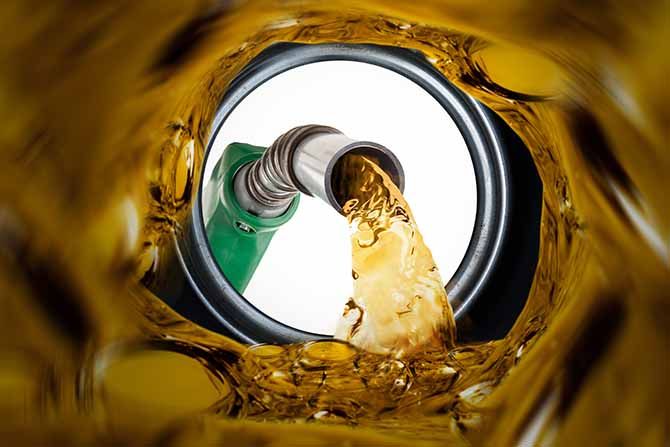As EVs and hybrid cars become more common on roadways, states across the nation are faced with coming up with ways to replace the fuel tax that they would have received from the purchase of gasoline. Traditionally, the tax monies that are collected from fuel purchases are used to help fund the maintenance and construction of state and local roads. With the loss in tax revenue, states need to find ways to keep their roads maintained and infrastructure growing to accommodate population growth.
The looming and imminent threat of an ever-widening gap between states’ gas tax proceeds and their transportation budgets has led to some hard conversations. Many states have implemented stopgap measures, including imposing additional taxes and registration fees on EVs and adding per-kilowatt-hour taxes to electricity accessed at public charging stations.
Over the past few years, Utah legislators have considered a number of options to shore up road funding. These include raising vehicle registration fees, higher gas taxes, using money from the state’s general funds or creating more toll roads, all of which have been unpopular in polling.
The federal government is not exempt from these revenue losses and is about to launch a pilot Road Usage Charge program, funded by $125 million from the infrastructure measure President Biden signed into law in November 2021. The program is a pay-per-mile charge instead of a tax paid per gallon on fuel.
There is some consumer skepticism when it comes to the Road Usage Charge program as a tracking device is placed on the vehicle to track trips and driving performance, including braking, cornering and speed. The program also provides each user with a driving score and mileage reporting for road usage.
As of today, Utah, Oregon and Virginia have adopted and are generating revenue from road usage charges. Utah’s Road Usage Charge program in Utah is voluntary for electric vehicle owners.
Utah’s Road Usage Charge is a potential replacement for the fuel tax, helping to provide a sustainable funding mechanism to build and maintain Utah’s roads. Every year, the number of vehicles and miles traveled on Utah roads continues to increase, putting more wear and tear on the roads and increasing roadway maintenance costs. However, the value of the fuel tax is eroding as vehicles become more fuel efficient and operate on alternative fuels.
To add context, during the 2018 Legislative session, Utah lawmakers instituted an alternative fuel vehicle fee to cover a portion of those vehicles’ contribution to building and maintaining Utah’s transportation system. This fee is in addition to the annual vehicle registration fee assessed on all vehicles in the State. Utah’s Road Usage Charge provides a choice for owners of alternative fuel vehicles to pay by the mile in lieu of paying the alternative fuel vehicle fee.
According to Utah’s Unified Transportation Plan, between 2019 and 2050, the estimated total transportation need in Utah is $108.5 billion. This estimate includes the funding needed to operate our current transportation system. This includes preserving and maintaining infrastructure, including funding to meet growing travel demands by increasing roadway capacity by building new roads and widening and making operational enhancements to existing roads. It also focuses on increasing transit capacity by building new transit lines, upgrading existing lines and providing more frequent rail and bus service, and increasing options to bike or walk by constructing new bikeways and improving existing trails and walkways.
Utah state’s transportation partners have developed a Unified Plan Financial Model. The plan assumes that the revenues coming from transportation user fees — such as the current motor fuel tax or a replacement, like a road usage charge — will continue and grow gradually over time.
Today, with Utah’s Road Usage Charge program, drivers can choose to continue to pay the flat fee for alternative fuel vehicles or enroll in the program to pay for road usage based on the number of miles they drive, up to the amount of the set flat fee. Simply put, if you drive less, you pay less. People who drive relatively few miles can save money by paying 1.00 cents per mile instead of paying the flat fee at registration time. You’ll never pay more in the program, but you may pay less.
As of Jan. 1, 2023, only fully electric cars are eligible to enroll in Utah’s Road Usage Charge program. This change allows all gasoline hybrid and plug-in hybrid vehicles that were already enrolled in the program to be grandfathered in.
Enrollment is easy. Simply visit https://roadusagecharge.utah.gov/enroll.php, and fill out your information, install the tracker and download the app to your smartphone and start driving.







